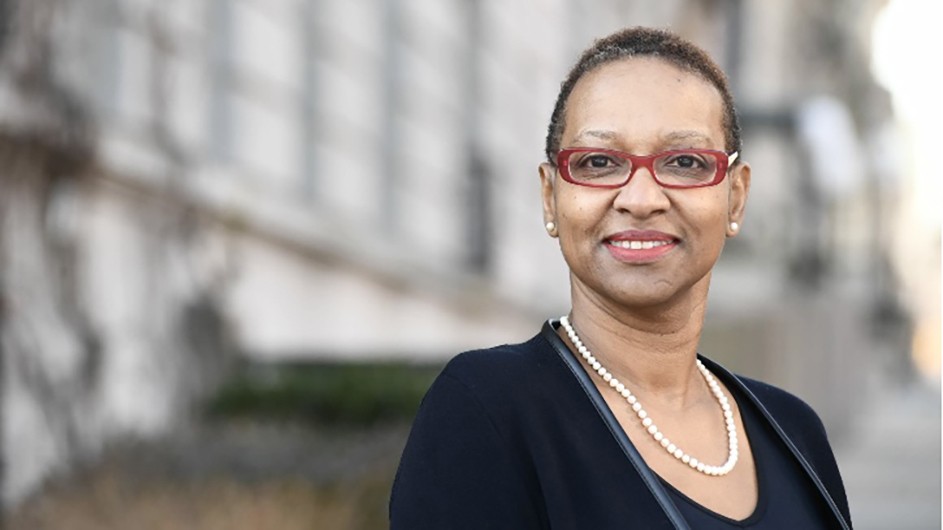By chance, on February 24, 2003, while listening to Dr. Johnetta Cole and Dr. Beverly Guy Sheftall engage in discussion about their book Gender Talk, Dr. Cole referenced Bennett College’s students’ contributions to the 1960 sit-ins executed in Greensboro, North Carolina. Bennett is one of two remaining single-sex HBCUs. Most people do not know about the history of the college’s activism which dates back to the 1930s when Bennett’s students led the call to boycott local theaters that refused to show movies depicting Black and white Americans as equals. I wrote a paper for the class, and it was later accepted for publication by the Journal of African American History.
I eventually applied to and was accepted into Teachers College’s doctoral program in History and Education. I wrote my dissertation on Bennett College; its title is “Education in Action: The Work of Bennett College for Women, 1930–1960.” The dissertation will become a book someday soon as will my work on Mildred Louise Johnson, who founded and led The Modern School in Harlem, from 1934 to 1999.
What is your passion?
Researching and writing history. Specifically, a history that focuses on Black women and our contributions to American history that has been actualized because of our agency, activism, and persistence on behalf of ourselves and the broader Black world community.
#ColumbiaStories are photos taken by University Photographer Eileen Barroso as she selects Columbians to photograph across the university. You can find more on Instagram.

